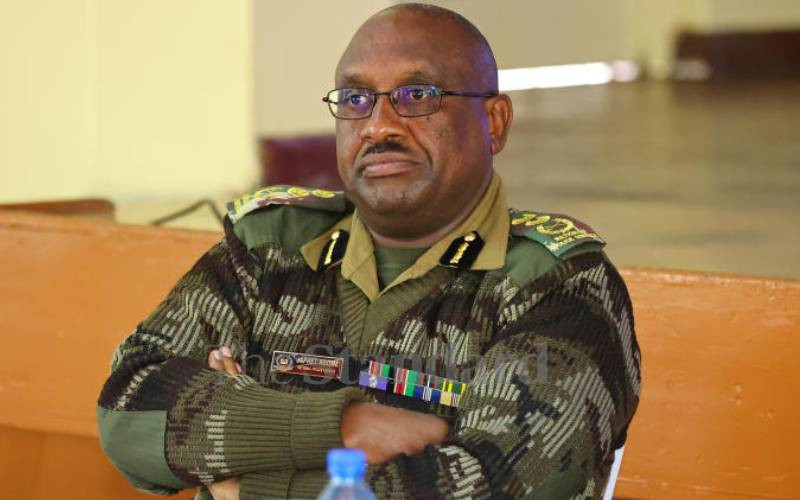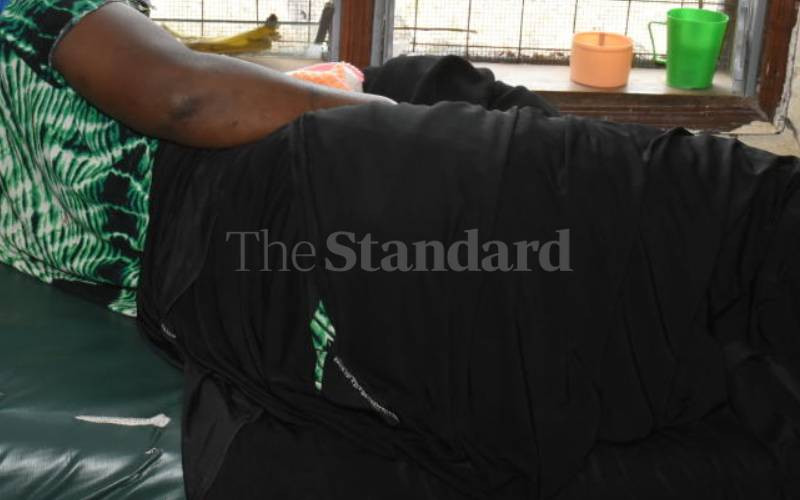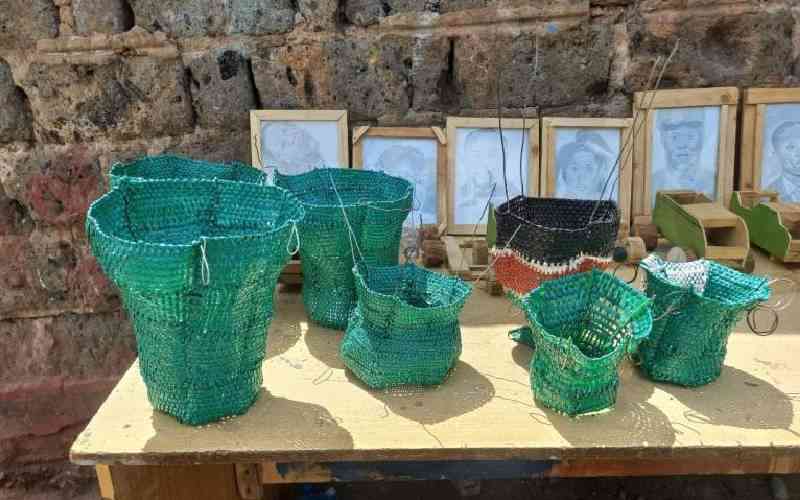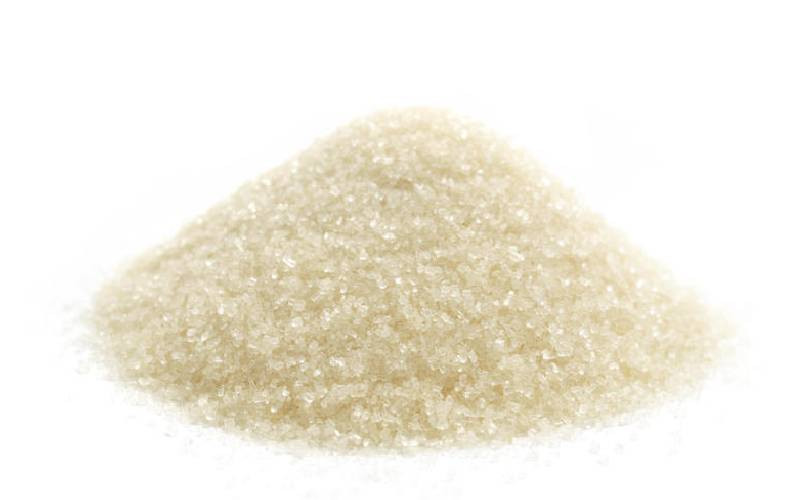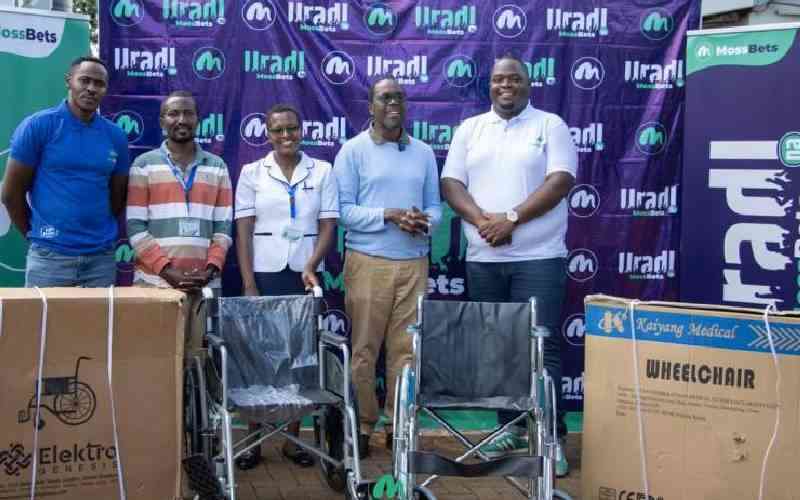
Sharon Kavulani was 24 when she boarded her first flight to India.
She was taking her 68-year-old grandmother Jane Matianyi to undergo spinal and knee surgery.
Her family had consulted many doctors in Kenya, but the cost of treatment was too high. After holding several family meetings, they decided to try India where they had been told they would find cheaper and better medical facilities.
Ms Kavulani describes her first few days in India as lonely and confusing. She, like many other caregivers who were interviewed by The Standard, told of challenges of being in a foreign land, and struggling to communicate with the doctors and people around.
“There were no translators, and everyone spoke Gujarati. The first few days were terrible. I had to go for counseling because the experience was overwhelming,” said Sharon.
Deborah Auko who took her father to India for cancer treatment captured the struggle Kenyans go through when they accompany their loved ones to the country.
Her father had been diagnosed with stage-four colon cancer, and doctors had recommended that they act fast because the cells were multiplying at an alarming rate.
Sea of humanity
Upon inquiring how much the treatment would cost, Deborah said the doctor candidly told them that “treating cancer is like going to a showroom to buy a car; you either buy a Mercedes or a Toyota depending on how much you have”.
This statement, she said, nudged them towards shopping for a medical facility that was within their budget.
They were looking for a hospital that they could afford, but one that would not delay the treatment process. That is how they settled on taking their father to India.
She said when they first arrived at the Indra Gandhi International Airport in Delhi she was struck by the sea of humanity and intensity of heat in the country. What was more confounding was that most of the people could not speak English, so she had to maneuver her way around using sign language.
For Deborah, the worst was yet to come. She was expected to pay about Sh5,000 per day for accommodation.
“Nobody told me that housing would be that expensive. We had no alternative but to pay because we were already in India,” she said.
She said she got the impression that most doctors in India believe Kenyans who go there are very rich and can pay for the hefty side bills they are charged when they take their loved ones for treatment.
“It seems they don’t know that Kenyans hold fund-raisers and take loans to go to India for treatment,” said Deborah.
She revealed that there are some Kenyans she met in India who are stuck in the country because they cannot raise the money needed for them to be discharged.
She further said with every Kenyan she met in the corridors of Indian hospitals, the narrative of failed health system was reinforced.
Leon Sambi who took his wife to India for a brain surgery said he got scared when he first arrived at the hospital where his wife of 12 years was to be treated.
After a briefing from the surgeon, he was told he had to look for a place to stay while his wife underwent treatment.
“I had assumed I would be allowed to stay at my wife’s hospital because I was paying close to Sh3 million for the treatment,” said Sambi. Luckily he got a Good Samaritan who hosted him for a few days as he struggled to get extra funds to finance his stay in India.
Deborah said when she sat down to calculate the amount of money her family had used in India, she realised that it was not as cheap as people believe.
“It is costly, but they are efficient and somehow, their treatments seem to work. It is the quality of care, expertise, focus and compassion that brings the difference. It makes it all worth it, “said Deborah.
She said Kenyan caregivers who go to New Delhi throng the Indian National Army (INA) market where local delicacies such as managu, pork, maize flour and other products are sold to meet the growing demand of Kenyans going into the country.
 The Standard Group Plc is a multi-media organization with investments in media platforms spanning newspaper print
operations, television, radio broadcasting, digital and online services. The Standard Group is recognized as a
leading multi-media house in Kenya with a key influence in matters of national and international interest.
The Standard Group Plc is a multi-media organization with investments in media platforms spanning newspaper print
operations, television, radio broadcasting, digital and online services. The Standard Group is recognized as a
leading multi-media house in Kenya with a key influence in matters of national and international interest.



